Remember when boredom was actually boring? When you had to get creative to fill those empty hours instead of mindlessly scrolling through an endless feed of cat videos and political arguments? Those days might seem like ancient history now, but for those of us who lived through them, they hold a special kind of magic that no smartphone notification can replicate.
1. Reading Actual Books with Paper Pages
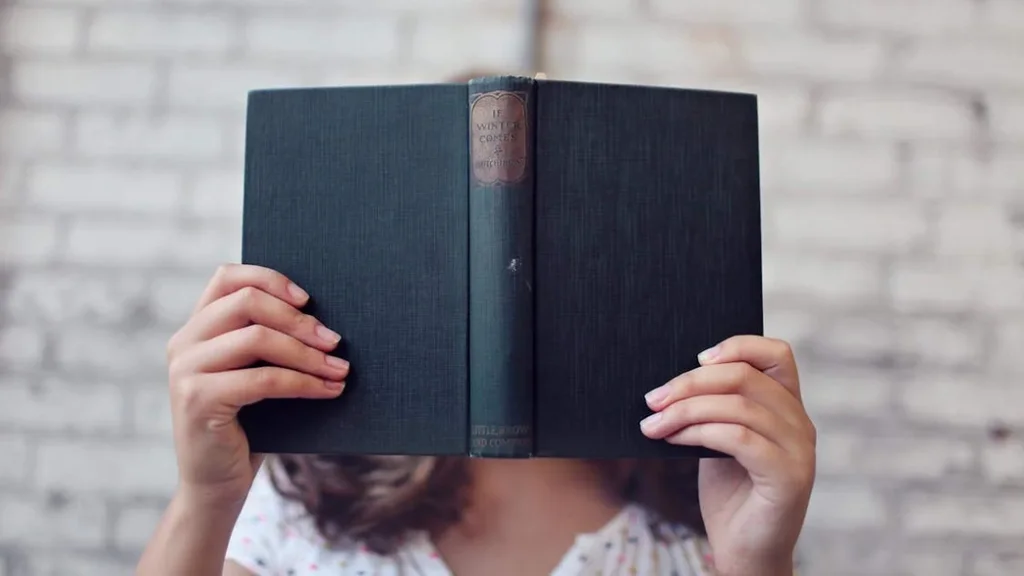
There’s something deeply satisfying about the weight of a real book in your hands and the sound of pages turning. You’d spend hours lost in other worlds, dog-earing your favorite passages and feeling genuinely accomplished when you finished a thick novel. The local library was like a treasure chest, and browsing the shelves was half the adventure.
You could actually concentrate for hours without the constant ping of notifications pulling your attention away. Reading wasn’t just entertainment—it was an escape that required your full imagination to paint the pictures the words created. Plus, there was that wonderful musty smell of old books that somehow made everything feel more authentic and important.
2. Writing Letters by Hand
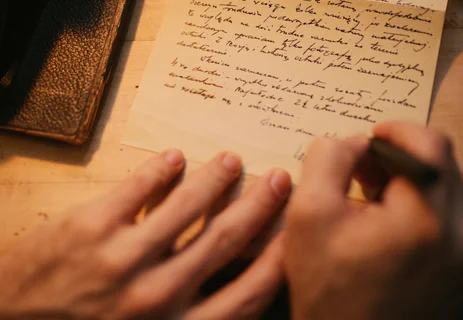
Putting pen to paper and crafting actual letters was an art form that required thought and patience. You’d carefully choose your words because you couldn’t just hit delete and start over—every sentence mattered. The anticipation of waiting for a reply made checking the mailbox an exciting daily ritual.
Handwriting revealed personality in a way that typing never could, and receiving a handwritten letter felt like getting a small gift. You’d save special letters in shoeboxes, creating physical memories you could actually hold years later. The whole process forced you to slow down and really think about what you wanted to say to someone special.
3. Playing Board Games Until Midnight
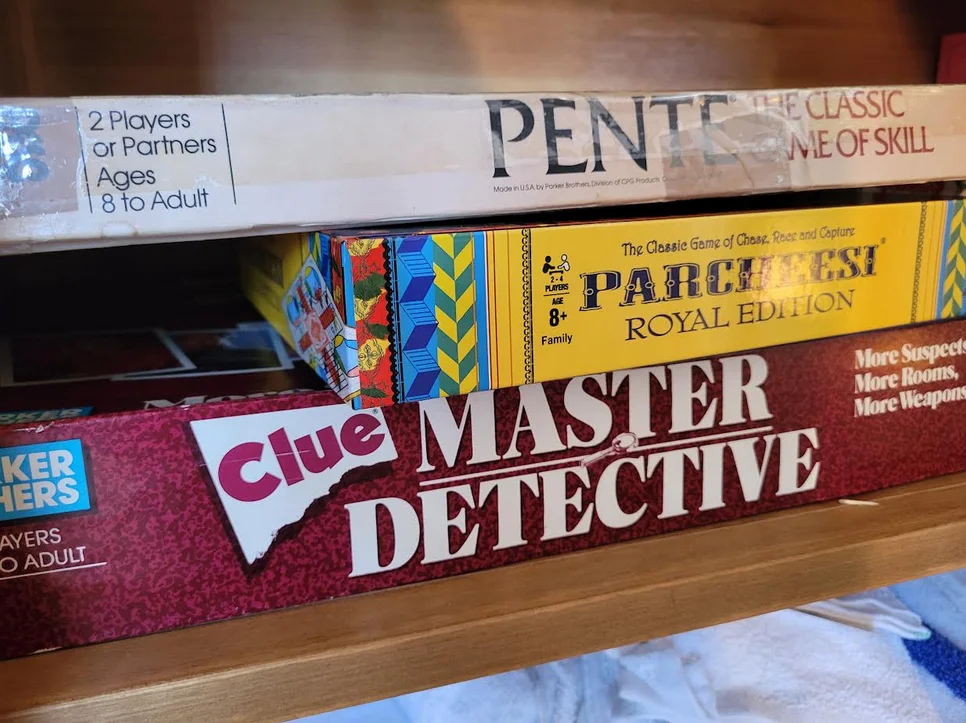
Family game night was a sacred tradition that brought everyone together around the dining room table. Whether it was Monopoly marathons that lasted for hours or intense Scrabble battles that tested everyone’s vocabulary, these games created memories and inside jokes that lasted for decades. Arguments over house rules were part of the charm, and someone always accused someone else of cheating.
The best part was how these games forced actual conversation and eye contact instead of everyone staring at their own screens. You learned strategy, patience, and how to be a gracious winner or loser. Plus, there was something deeply satisfying about physically moving game pieces and counting out real money instead of tapping buttons on a screen.
4. Building Things with Your Hands

Whether it was model airplanes, dollhouses, or intricate jigsaw puzzles, working with your hands kept both your mind and fingers busy for hours. The satisfaction of completing something tangible that you could actually display on a shelf was incomparable. These projects taught patience and attention to detail that served you well in other areas of life.
There was real pride in following complicated instructions and seeing your creation come to life piece by piece. The focus required was meditative in a way that modern multitasking can’t match. And when something went wrong, you had to problem-solve creatively rather than just Googling the answer.
5. Exploring the Great Outdoors
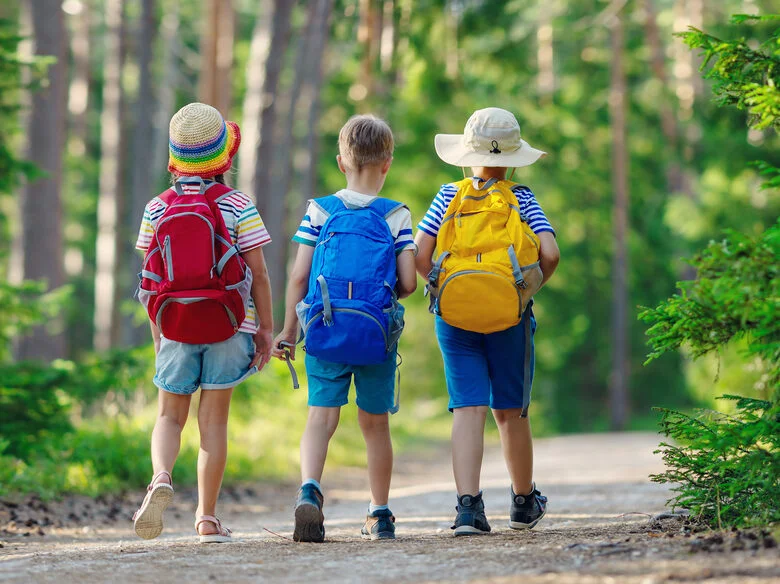
Before GPS and weather apps, outdoor adventures required real planning and a sense of direction. You’d pack a lunch, grab a map, and head out to discover hidden trails, secret swimming holes, or the perfect picnic spot. Getting lost was part of the adventure, not a cause for panic.
Nature was your entertainment system, providing endless fascination through changing seasons, wildlife watching, and the simple pleasure of fresh air and sunshine. You learned to read the sky for weather changes and navigate by landmarks you remembered. These outdoor skills made you feel more connected to the world around you and more confident in your own abilities.
6. Cooking from Scratch Without YouTube Tutorials

Cooking was learned through trial and error, family recipes passed down through generations, and the occasional cookbook with actual pages you could splatter with ingredients. You’d spend Sunday afternoons preparing elaborate meals just for the joy of creating something delicious from raw ingredients. Experimenting with flavors and techniques was part of the fun, even when disasters happened.
The kitchen was a place of creativity and family bonding, where recipes were shared through conversation and demonstration rather than downloaded instructions. You developed an intuitive sense of cooking that came from practice and observation rather than following exact measurements. The best meals came from improvisation and using whatever ingredients you had on hand.
7. Having Deep Conversations on the Front Porch
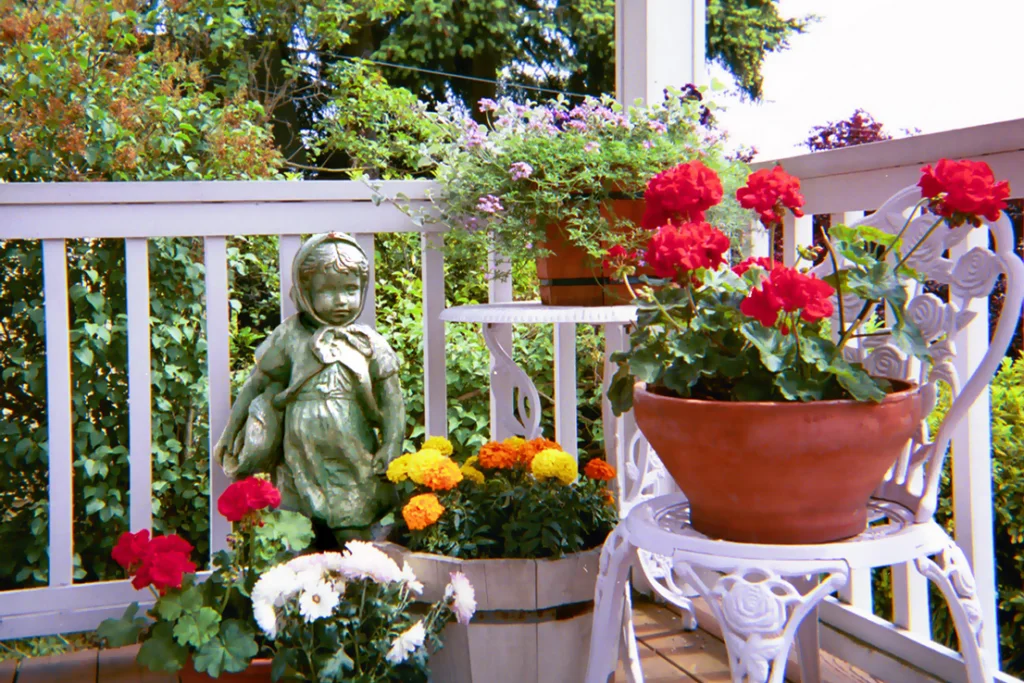
The front porch or back stoop was the original social media platform, where neighbors gathered to share news, gossip, and philosophical discussions. These conversations could last for hours, meandering from serious topics to silly observations about life. People actually listened to each other instead of waiting for their turn to speak or thinking about their next post.
The art of conversation flourished when there were no distractions competing for attention. You learned to read facial expressions, pick up on subtle cues, and engage in the give-and-take that makes human connection meaningful. These porch sessions built real community bonds that extended far beyond casual acquaintances.
8. Creating Art and Crafts Just for Fun
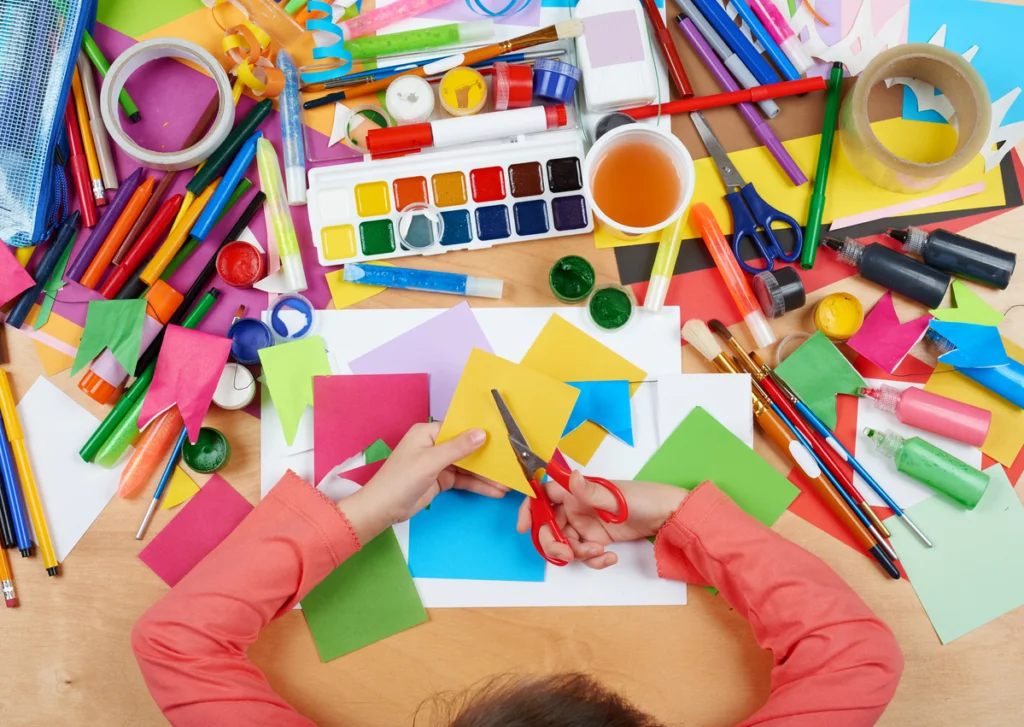
Drawing, painting, knitting, woodworking, or any number of crafty pursuits filled countless hours with productive creativity. You’d work on projects not because you planned to sell them on Etsy, but simply for the joy of making something beautiful with your own two hands. The process was just as rewarding as the finished product.
Craft stores were wonderlands of possibility, and choosing supplies was part of the creative experience. You developed skills through practice and patience rather than watching quick tutorial videos. The imperfections in your handmade items made them more precious, not less, because they carried the story of your effort and creativity.
9. Listening to Entire Albums from Start to Finish
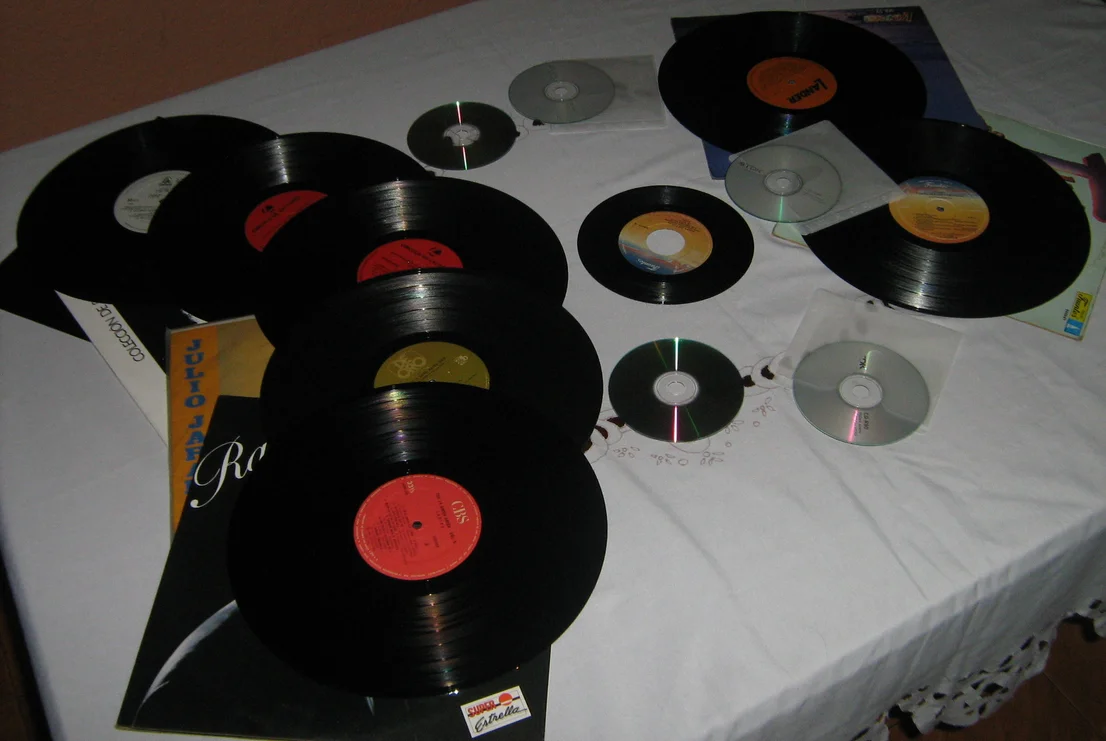
Music was an event, not background noise, and you’d dedicate time to really listening to an entire album as the artist intended. You’d study album covers, read liner notes, and memorize every word of your favorite songs. The ritual of putting on a record or popping in a cassette tape made music feel more special and intentional.
Discovering new music required effort and often happened through friends’ recommendations or radio DJs who became trusted guides to new sounds. You’d make mixtapes as love letters or friendship tokens, carefully selecting each song to tell a story. The physical act of handling albums and tapes made your music collection feel like a real treasure trove.
10. Stargazing and Cloud Watching

The night sky was your free entertainment system, offering endless wonder and contemplation without any subscription fees. You’d lie on blankets in the backyard, identifying constellations and making up stories about the patterns you saw in the stars. These quiet moments encouraged deep thinking and put daily problems into cosmic perspective.
Daytime cloud watching was equally mesmerizing, as you’d spend lazy afternoons finding shapes and creatures in the ever-changing formations above. The patience required to really observe nature taught you to slow down and appreciate subtlety. These simple pleasures cost nothing but provided rich experiences that stayed with you for years.
11. Organizing Photo Albums and Memory Keeping
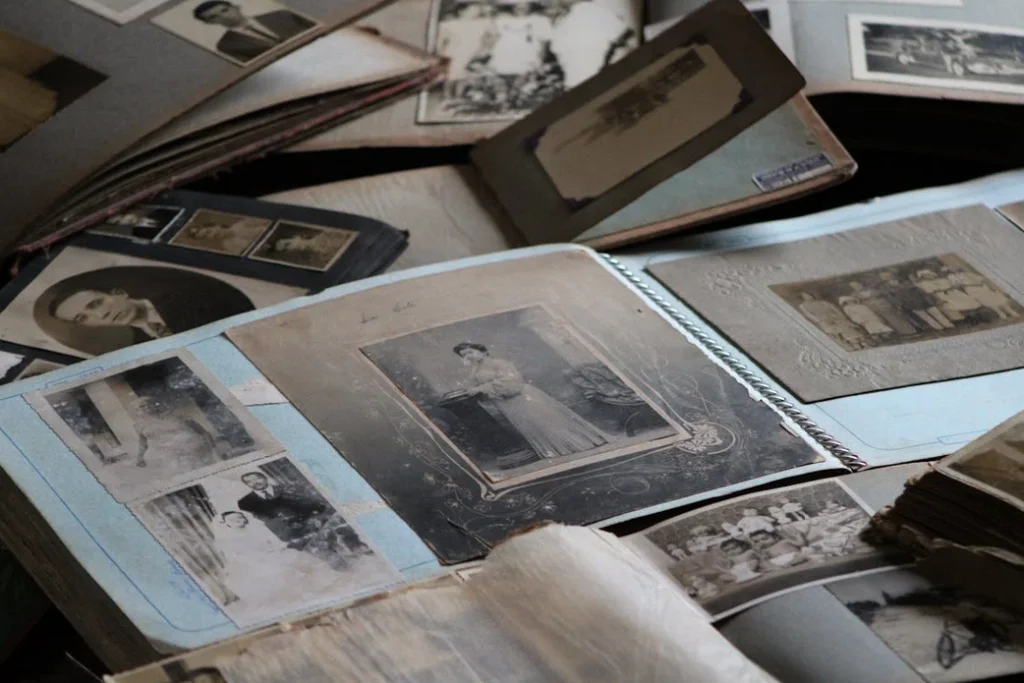
Before digital photos filled up our devices by the thousands, each picture was precious and deliberately chosen for printing and preservation. You’d spend entire evenings sorting through developed photos, choosing the best ones for albums, and writing captions that captured the memories. These physical albums became treasured family heirlooms that told the story of your life.
The anticipation of getting film developed added excitement to photography, since you never knew exactly how your pictures would turn out. You became more thoughtful about composition and timing because each shot cost money and couldn’t be instantly deleted. Flipping through photo albums was a social activity that brought families together to relive shared memories.
12. Taking Long Drives with No Destination
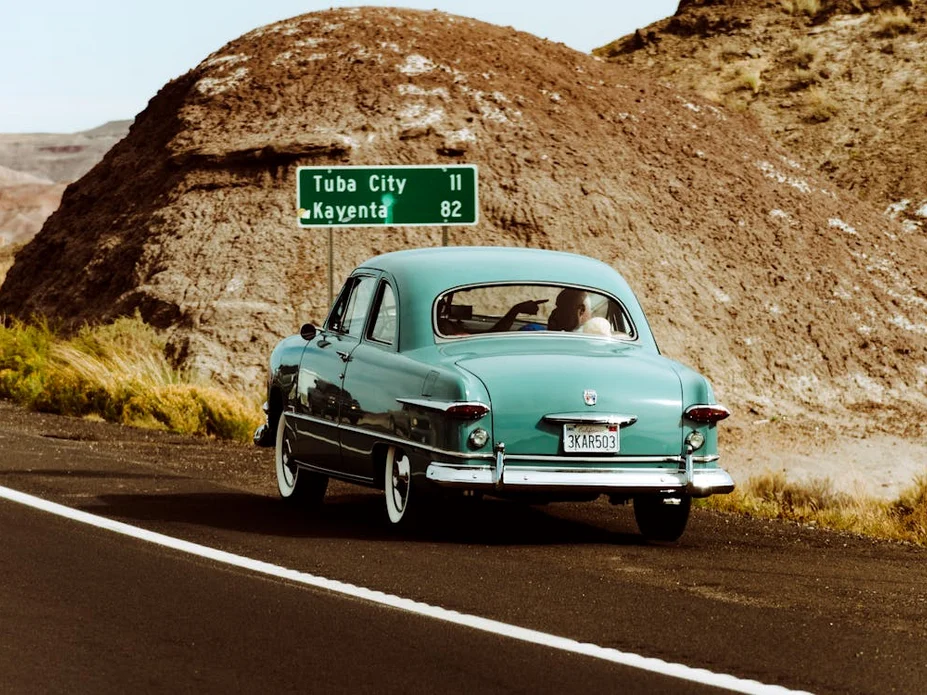
Sunday drives were a form of meditation and adventure rolled into one relaxing activity. You’d pile into the car with no particular destination in mind, just to see where the road would take you and enjoy each other’s company. These meandering journeys often led to unexpected discoveries—a charming small town, a roadside stand selling fresh produce, or a scenic overlook you’d never noticed before.
The journey really was the destination, and getting there slowly was part of the pleasure. Conversation flowed naturally without the distraction of smartphones, and you developed a real sense of your local geography. These drives created a sense of freedom and possibility that no GPS-guided trip can quite replicate.
Remember when being present in the moment wasn’t something you had to consciously practice but just happened naturally? Those pre-smartphone days taught us patience, creativity, and the art of finding joy in simple pleasures. While we can’t turn back time, we can certainly learn from those slower, more intentional ways of living and maybe even incorporate a few of them back into our hyperconnected lives.
This story Ways We Killed Time Before Phones—And Honestly Had More Fun was first published on Takes Me Back.


